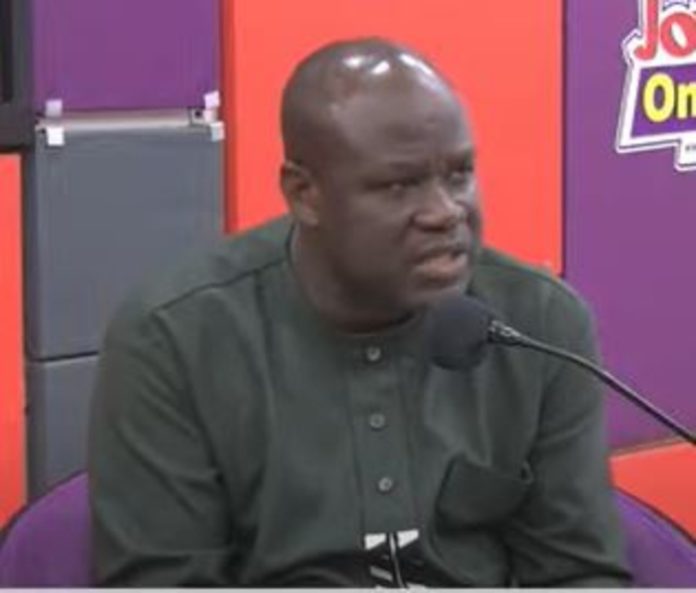The Chief Executive Officer of the Ghana National Chamber of Commerce and Industry (GNCCI), Mark Badu-Aboagye, says the newly launched 24-Hour Economy policy cannot succeed without first addressing the fundamental challenges crippling Ghana’s business environment.
Speaking on JoyNews’ PM Express on Monday, July 7, following the formal rollout of the National Democratic Congress’ (NDC) flagship policy by President John Mahama, Badu-Aboagye did not mince words.
“Launching a 24-hour economy will not change the harsh business environment that we are facing now,” he stated bluntly.
“The first point for me is to look at how we can improve the business environment… talking about the harsh business environment,” he stressed.
Responding to questions from host Kofi Agyei, who referenced recent gains in inflation, exchange rate stability, and improved business confidence, the GNCCI boss said those indicators alone were not enough to sustain the policy.
“This is a safe space for us to possibly start accepting a 24-hour economy. It is a good start, but it’s not enough. Having inflation down to 13.7% is a necessary condition, but not sufficient to change the structure of the economy.”
He explained that the relevance of improved macroeconomic indicators must be tested by their impact on real business costs.
“We want to see how the lower inflation will reduce the cost of credit. We want to see how the lower inflation will reduce the cost of utilities—electricity and water. These are key components when it comes to manufacturing.”
Mr. Badu-Aboagye pointed out that high energy costs remain a major hurdle for local production.
“In Ghana, the cost per kilowatt hour for manufacturing companies ranges from 12 to 15 cents—among the highest. For our competitors, it is less than five cents.
“If you really want to manufacture more, we need to bring down the cost of utilities and the cost of credit,” he added.
He warned that the current high policy rate of 28%—which translates into commercial lending rates of over 30%—is incompatible with a vibrant, export-driven economy.
“No company would want to manufacture and export or be competitive under this condition.”
The GNCCI CEO stressed that if the 24-hour economy is to boost exports, then competitiveness must be a top priority.
“The 24-hour economy is not only for local consumption. If it’s for local consumption, then we don’t need a 24-hour economy because we can produce enough to feed ourselves. We want to export. That’s why the accelerated export component is key to the 24-hour economy.”
He added that international markets respond not to policy declarations but to pricing and product quality.
“When you send your product abroad, people will not buy it because it’s coming from Ghana or because you have launched a 24-hour economy, hm? They will buy it because, one, it is competitive, and two, it is of high quality.”
Mr. Badu-Aboagye concluded that unless the current macroeconomic gains are deliberately translated into reductions in the policy rate, utility costs, and access to credit, the 24-hour economy will remain a good idea with little real traction.
“Let’s look at how the improvements we are seeing now—the lower inflation and the cedi appreciation—will impact on the policy rate.”
Source: Abubakar Ibrahim
ALSO READ:



